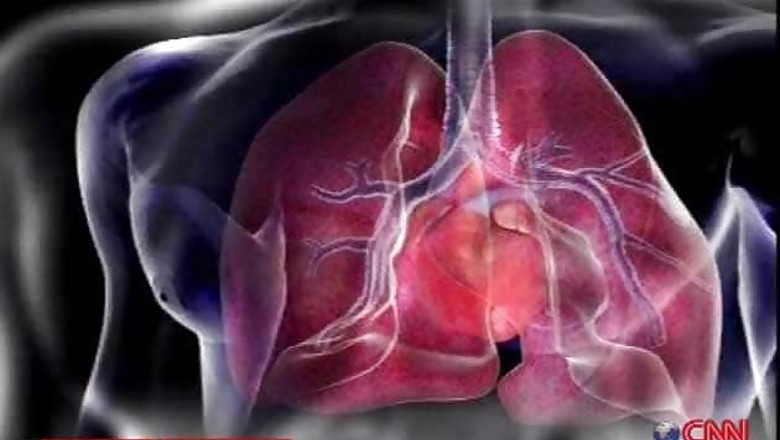
views
London: Flu vaccines may hold the key to developing a new vaccine against the deadly heart disease, scientists have found.
Flu vaccines are known to have a protective effect against heart disease, reducing the risk of a heart attack.
The new study has for the first time shown the molecular mechanism that underpins this phenomenon and researchers say it could be harnessed to prevent heart disease directly.
Heart disease is the leading cause of death worldwide. People can reduce their risk of heart disease by eating healthily, exercising and stopping smoking. However, to date there is no vaccine against heart disease, researchers said.
Previous clinical findings show that people that receive the seasonal flu vaccine also benefit from its protective effect against heart disease; the risk of having a heart attack in the year following vaccination is 50 per cent lower than people who did not receive the vaccination.
The exact mechanism underlying this protective effect remained unknown.
This new study for the first time unveils this mechanism, showing that the flu vaccine stimulates the immune system to produce antibodies that switch on certain processes in cells.
These processes lead to the production of molecules that protect the heart. The researchers say that based on the results it may be possible to develop a new vaccine against heart disease.
"Even though the protective effect of the flu vaccine against heart disease has been known for some time, there is very little research out there looking at what causes it. Our proposed mechanism could potentially be harnessed in a vaccine against heart disease, and we plan to investigate this further," said lead author of the study Dr Veljko Veljkovic, from Institute Vinca, Belgrade.
The researchers identified a protein called the bradykinin 2 receptor (BKB2R), which is involved in cellular processes that protect the heart.
Some of the antibodies the body produces after flu vaccination switch this protein on, therefore protecting against heart disease, researchers said.
The researchers analysed 14 flu viruses used in vaccines, and identified four that could be investigated for use in potential heart disease vaccines.
"The rate of administering flu vaccinations is disappointingly low, even in developed countries," added Veljkovic.
The study was published in the journal Vaccine.




















Comments
0 comment